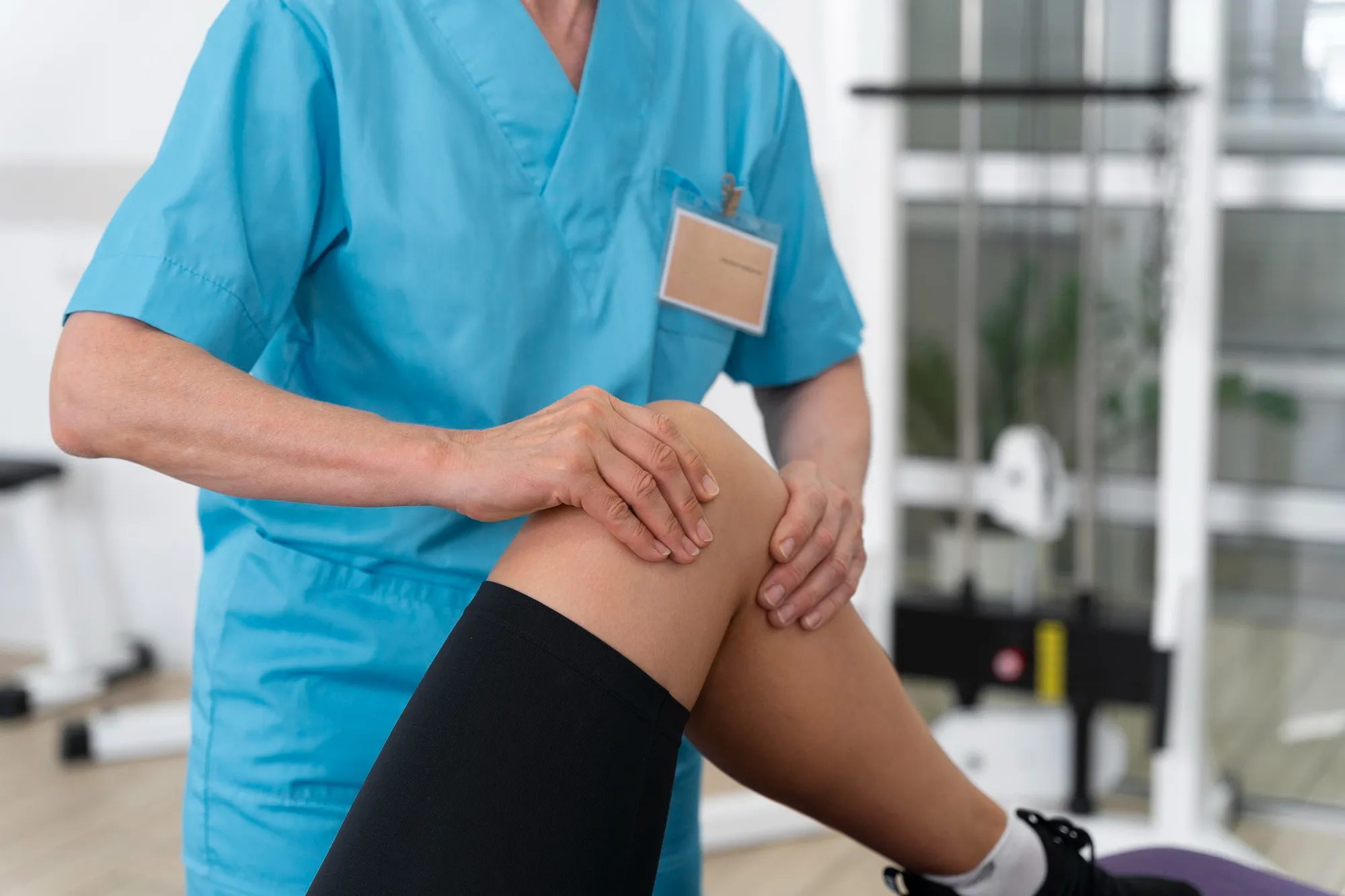A recent study published in The Journal of Arthroplasty has revealed a concerning correlation between socioeconomic status and the likelihood of maintaining functional knee replacements in the event of a prosthetic joint infection (PJI). The study, spearheaded by researchers at the New England Baptist Hospital in Boston, MA, has brought to light the detrimental impact of socioeconomic disadvantage on post-treatment outcomes for patients suffering from PJI after a knee arthroplasty.
The comprehensive research article, which bears the DOI number 10.1016/j.arth.2024.01.024, is titled “Socioeconomic Disadvantage Predicts Decreased Likelihood of Maintaining a Functional Knee Arthroplasty Following Treatment for Prosthetic Joint Infection” and provides in-depth analysis based on a retrospective review spanning over a decade.
The Study and Its Findings
From 2008 to 2020, the retrospective review focused on patients who underwent revision total knee arthroplasty (TKA) procedures due to PJI at a single tertiary-care center. The Area Deprivation Index (ADI), a measure of socioeconomic status, was utilized to investigate its influence on patients’ recovery and maintenance of a functional knee joint.
This study, identified under reference number S0883-5403(24)00024-X, encompassed 96 patients, observing their progress for a median period of 26.5 months. The key discovery was that while treatment failure rates remained unaffected by socioeconomic standing, the ability to preserve a functional knee arthroplasty plummeted with rising ADI levels. Highlighting the disparity, 81.8% of individuals from less disadvantaged backgrounds maintained functionality, as opposed to a mere 42.9% in the most disadvantaged group.
Implications of Socioeconomic Disadvantage
This research, led by prominent orthopaedic professionals such as Nicholas R. Pagani, Andrew Grant, and Eric L. Smith, brings to attention the poignant effect of social determinants of health on surgical outcomes. It accentuates the hurdle that patients from socioeconomically challenged backgrounds face, even after overcoming the ordeal of a PJI.
Prosthetic joint infections are among the most severe complications a patient might encounter post-arthroplasty, entailing complex and extended treatment plans. In essence, socioeconomic disadvantage not only leads to a greater risk of developing complex health issues but also interferes with the recuperation process, leading to less favorable outcomes.
The Role of ADI in Healthcare
The ADI is a valuable tool that gauges the level of deprivation in a community, accounting for factors like income, education, employment, and housing quality. By incorporating the ADI into their research, the authors, including Maxwell Bamford from Tufts University School of Medicine and Matthew R. Gordon from Tufts Medical Center, seek to emphasize the role of socioeconomic factors in patients’ postoperative trajectories.
Moving Forward: Accessibility and Optimized Care
The findings of this study suggest that there is an urgent need to boost accessibility to healthcare and design patient-centered treatment approaches. Adapting healthcare delivery to account for socioeconomic factors could mitigate the disparity seen in surgical outcomes, ensuring equitable care for all patients, regardless of their socioeconomic background.
Calls to Action and Further Research
The authors encourage the healthcare community to double down on policies that bridge the gap in service and support for socioeconomically disadvantaged populations. More research is needed to understand fully and address the barriers these patients face, extending from diagnosis and surgery through to post-operative care and rehabilitation.
References
1. Pagani, N. R., et al. (2024). Socioeconomic Disadvantage Predicts Decreased Likelihood of Maintaining a Functional Knee Arthroplasty Following Treatment for Prosthetic Joint Infection. The Journal of Arthroplasty, S0883-5403(24)00024-X. doi:10.1016/j.arth.2024.01.024
Keywords
1. Socioeconomic Status Joint Replacement
2. Prosthetic Joint Infection Outcomes
3. Knee Arthroplasty Infection Treatment
4. Area Deprivation Index Healthcare
5. Total Knee Arthroplasty Recovery
This study provides a crucial understanding of how external factors, beyond medical care, can impact health outcomes significantly. It prompts a thoughtful discussion on how healthcare systems across the globe should not only focus on the biological aspects of diseases but also address the societal issues that can influence patient recovery.
